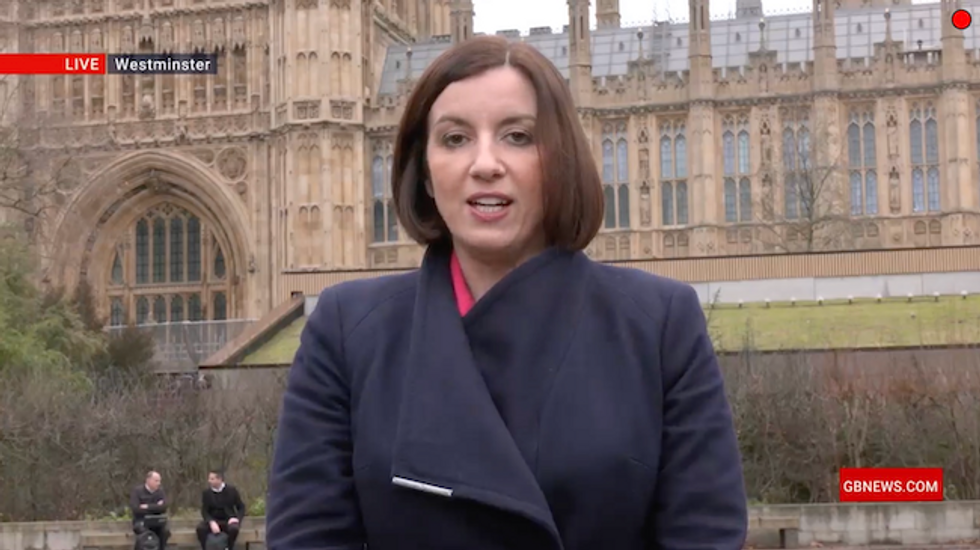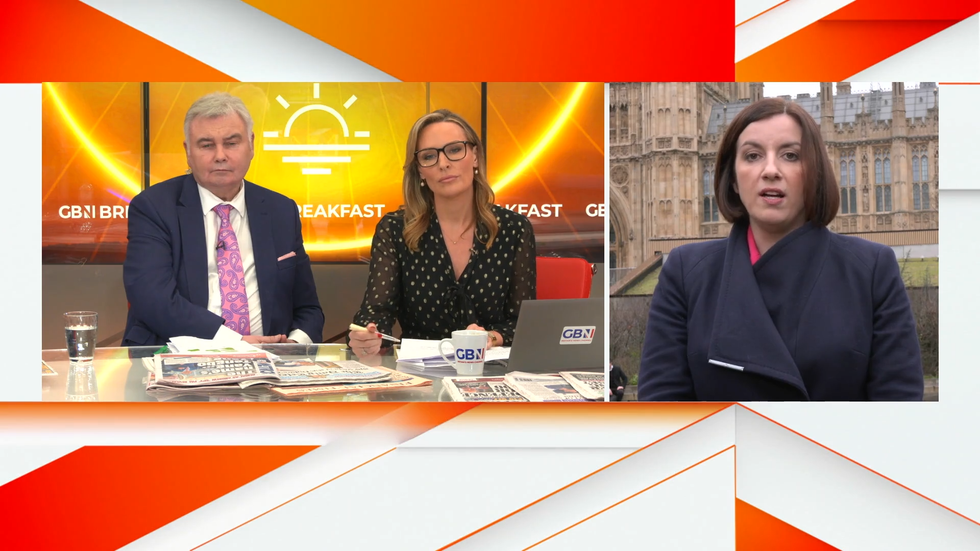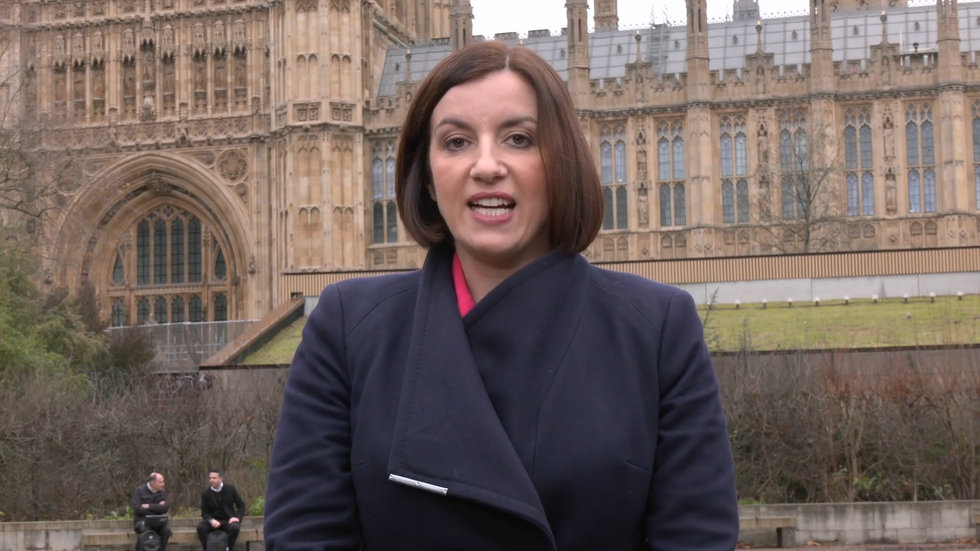‘National security is a top priority,’ claims Bridget Phillipson: ‘Labour will always act in the British national interest!’
Education Secretary Bridget Phillipson has declared that national security is the Government’s “number one priority” as she addressed concerns about foreign influences in British universities.
Speaking to GB News, Phillipson emphasised that protecting the nation is “the first duty of any government”.
The Education Secretary specifically highlighted the relationship with China, addressing both diplomatic engagement and activities within university campuses.
She said: “National security is our number one priority, as you’d expect of any government, that is the first duty of any government to keep our country safe.

“And where it comes to our relationship with China, whether that’s in terms of the engagement that we have at a diplomatic level or through politicians, or what happens within our university campuses, we will always act in the British national interest.
“Of course, there are students from around the world who come to study at our universities. They make a big economic contribution, and the reason they come here is because our universities are among some of the best in the world.
LATEST DEVELOPMENTS
- Nigel Farage defended on ‘two-tier’ claims after milkshake attacker is handed suspended sentence
- Farage and Candy hold ‘historic’ meeting with Musk just weeks after X owner vowed millions in funds
- Exposed: The BRUTAL reality facing elderly farmers after Reeves’ cruel tax raid
“They offer a brilliant education. But our universities do have responsibilities and duties. We as government have a responsibility too, to protect Britain’s National Interest and to make sure that our engagement with China is always focused on what is doing right by British interests.
“We have to be ever vigilant to the risks and threats that we face from a range of different quarters.
“That is, we do live in a very volatile world with lots of threats from both state and non-state actors, and our universities have responsibilities and duties that they must uphold, but we as a government will do everything that we can to keep our country safe, to put Britain’s national interest first.”
In a significant policy announcement, Phillipson also unveiled plans for new legislation aimed at protecting vulnerable children.

The Children’s Wellbeing and Schools Bill, being introduced to Parliament today, has been described by the Education Secretary as “a seminal moment for child protection”.
“In recent years, too many children have been failed by their last line of defence: the state,” Phillipson said.
The bill’s introduction coincides with the sentencing of those responsible for the death of 10-year-old Sara Sharif, a case which raised questions about safeguarding in home education.
The new legislation will create a register to identify children not in school in England, expected to come into force in 2025. Under the plans, parents will no longer have an automatic right to educate their children at home if their child is under a child protection plan.

Local authorities will have the power to intervene and require school attendance if a home environment is assessed as unsuitable or unsafe.
A unique identifier number, similar to an adult’s national insurance number, will be given to children across services.
Children’s Commissioner Dame Rachel de Souza welcomed the measures, saying: “Writing these two landmark measures into law will be of huge significance for any child currently at risk of harm.”
The number of children being home-educated in England has risen by 20% this year, according to government figures.

